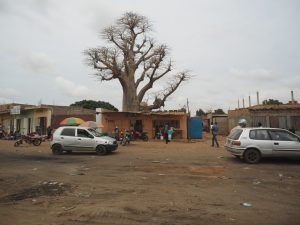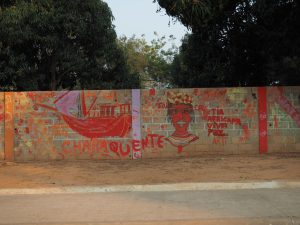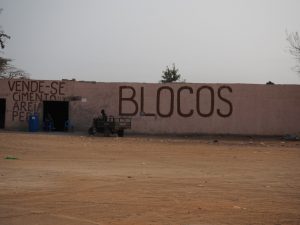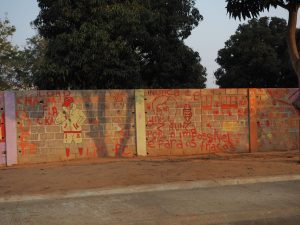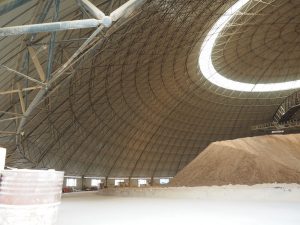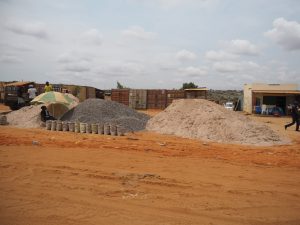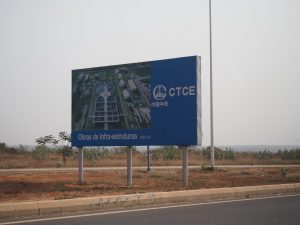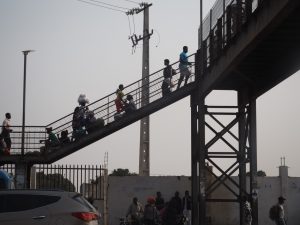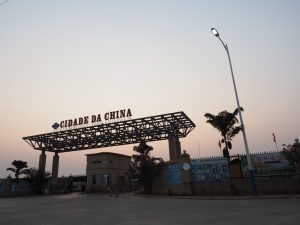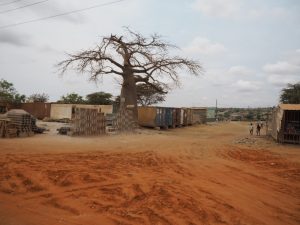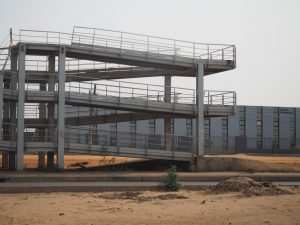The Grounding and Worlding Urban Infrastructures (GROWL) aims to develop in-depth case studies and astute mid-level theory of urban infrastructure at the intersection of political ecology and postcolonial urbanism focusing on “petro-urbanism” in Luanda with comparative infrastructure studies in Nairobi and Kampala.
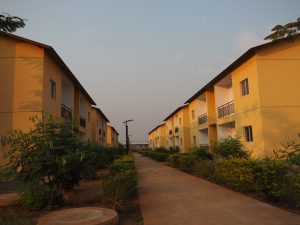
This will contribute to two recent turns in urban environmental studies. One is the strong move within urban studies to situate and learn from cities of the global South about environmental risks and their politics (Ernstson, Lawhon, and Duminy 2014; Lawhon, Ernstson, and Silver 2014; McFarlane, Desai, and Graham 2014; Myers 2016; Simone and Pieterse 2017; Ernstson and Sörlin 2018, forthcoming). The second is to engage with how critical geography has explored how global environmental risks and challenges—e.g., climate change, habitat destruction and energy provision—are tied to urbanization as an expanding planetary scale phenomenon (Harvey 1996; Heynen, Kaika, and Swyngedouw 2006; Ruddick 2015; Ernstson and Swyngedouw 2018, forthcoming). Placed in tension between these literatures, the GROWL project responds by developing rich, textured and historically rooted case studies from urban regions in Africa to contextualize and better understand how colonial legacies, racial and class politics, and world-spanning capitalist dynamics and its effects on ecosystems, shape contemporary urbanization, infrastructures and futures for urban sustainability.
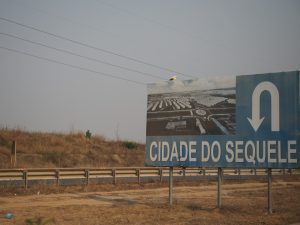
During three years we aim to develop:
(i) One in-depth, multi-sited case study of ‘petro-urbanism’ in Luanda with linkages to Brazil and China;
(ii) A comparative case study of urban infrastructure based on ongoing research of ‘autoconstructed’ and ‘heterogenous infrastructure’ in Kampala and Nairobi; and
(iii) A writing and video collaborative project in Luanda on how climate transformation, risks and sustainability can be thought and acted upon within contemporary contradictions of an African city.
